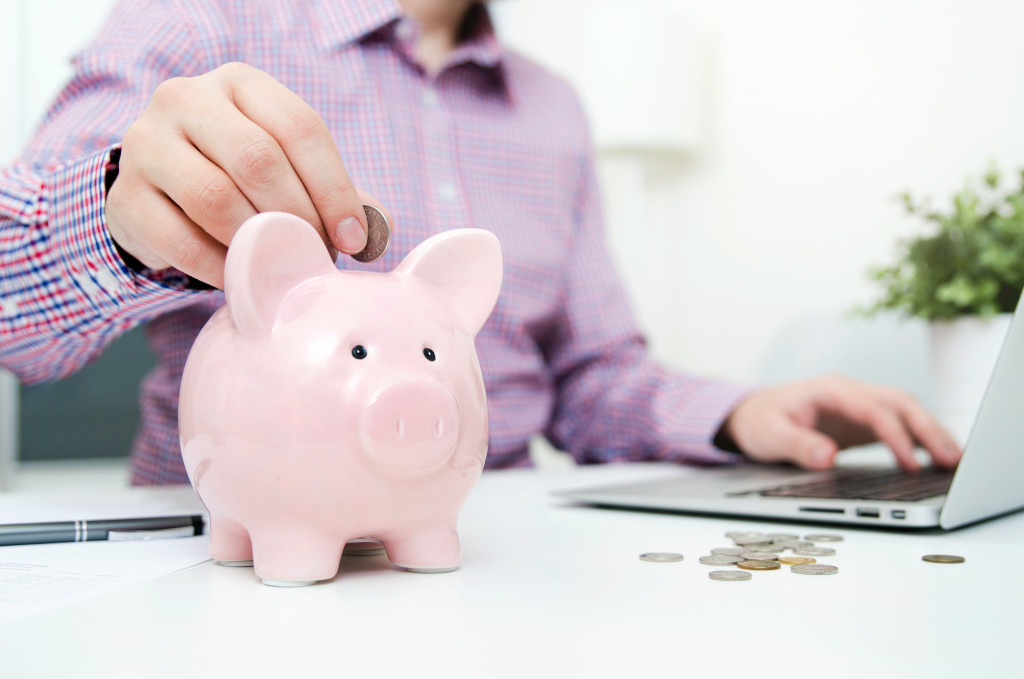The COVID-19 pandemic has shown us nothing but uncertainty. Across the world, social unrest, widespread unemployment, and economic volatility have affected the personal finances of millions of people.
As vaccines keep rolling out, it appears we’re finally seeing light at the end of the tunnel. Despite the good news, many are still financially recovering from the financial impact. According to a recent study by the Pew Research Center, many believe that it will take them over three years to return to their pre-pandemic financial situation.
In the meantime, people are making ends meet by finding feasible financial sources, such as government funding for entrepreneurs and a mortgage lender for homebuyers. Meanwhile, others are taking their post-pandemic financial plan seriously to prepare themselves as they enter the post-pandemic world of spending.
The pandemic has left most of us vulnerable, helpless, and uncertain of the future. That’s why it’s important to reposition and rebuild our finances as the economy starts to snap back in the following months. With that in mind, here are ways to gain a financial footing in the post-pandemic world.
Reassess your financial situation
The pandemic has affected everyone’s finances in various ways, whether they saved more money by staying home or lost income by losing their jobs. Chances are, your family has embraced a new habit with the rise of online shopping, takeout meals, and expensive pastimes.
If you leave things unsettled, you’re likely to fall into the traps of anything-goes mentality. Use the time to review and learn how your financial situation has changed in the past year. Think about the current balance of your savings accounts, how much income you’re bringing in, and whether you’re spending more. From there, the information you will gather will help you modify your new budget plan and identify ways to limit your unnecessary spending.
Use cash or debit card
It can be quite tempting to use your credit card for some purchases, but you’ll likely end up with a large pile of debt if you’re not mindful of your spending habits.
Use credit cards only if you’re 100% sure you can pay in full every month. If it isn’t possible, create a plan to cover the remaining expenses for a definite period. A great tip is to use cash or a debit card for every purchase. This way, it’s easy to monitor your spending and the amount of money remaining for other purchases.

With a credit card, you’re likely to forget your purchases because you keep track of them in your head, leading to higher bills than you expected. This rarely happens with cash or a debit card, since you always have to check whether your hard-earned money can afford a certain purchase.
Look out for rising prices
The recent spike in inflation has led to increasing market prices. To avoid getting victimized by overpriced goods or services, make sure to shop around. Another technique is to use a price-comparison application or explore coupon sites. When shopping online, always check for vouchers or discount codes before checking out.
Whether you have large savings to purchase big-ticket items, such as holiday vacations or a car, it’s best to wait until prices come down. If you’re planning to spend on something big, check if the category is unusually high and determine you really need it right now. A smart spender knows how to wait until the right spending opportunity comes.
Rebuild your emergency savings
The pandemic took everyone by surprise and revealed to many people how unprepared they were to survive a crisis. Today, as countries rebuild the economy and things are slowly returning to normal, rebuilding emergency savings should be everyone’s top priority.
Financial experts say that people should have three to six months’ worth of basic expenses in their emergency savings fund. Others even recommend a year’s worth of living expenses because of the unexpected events during the pandemic. Use the fund for unexpected circumstances, such as unemployment, medical expenses, or car repairs. But if you’re really financially strapped, you can still start with a small amount. After all, having small savings is better than having none at all. As you progress, you can grow your emergency fund to give you more peace of mind during times of uncertainty.
Post-pandemic financial planning is likely one of the toughest challenges you’ll ever face. After two years of global unrest, sadness, and uncertainty, dealing with your finances may seem discouraging. But all it takes is a small amount of effort to experience money-saving outcomes you’ll enjoy for many years to come.

